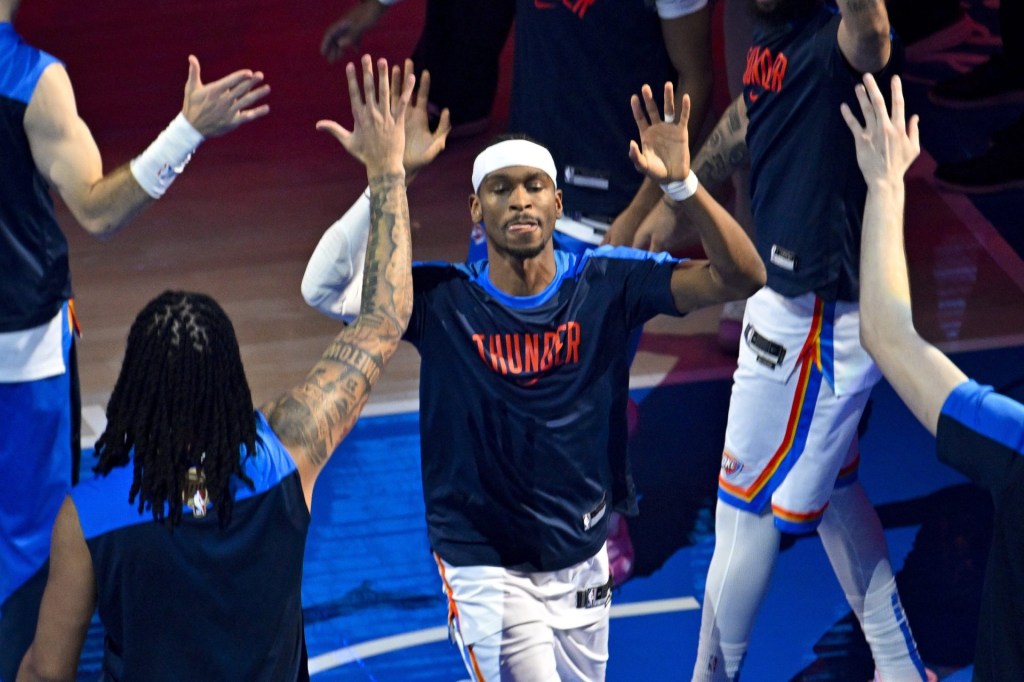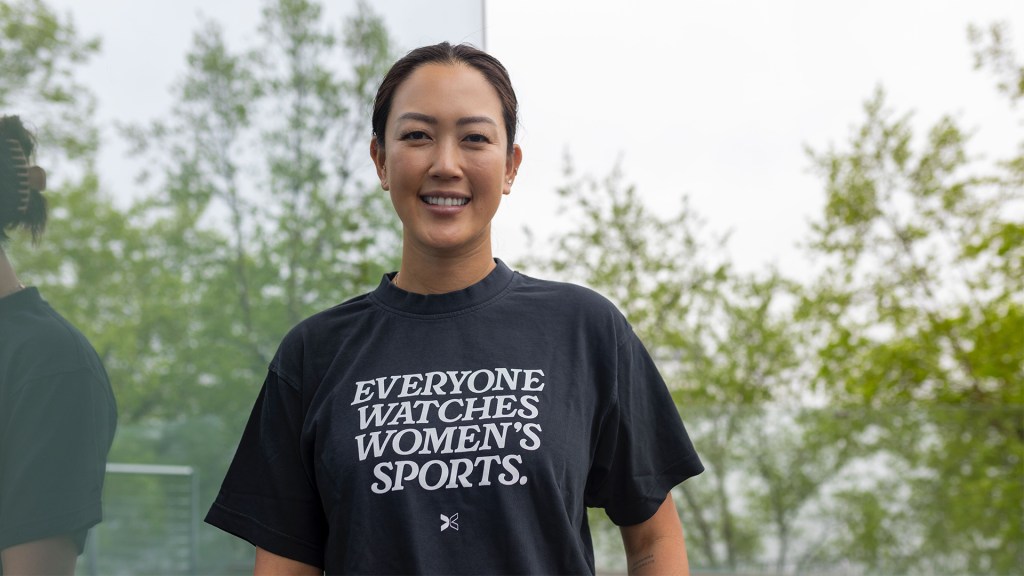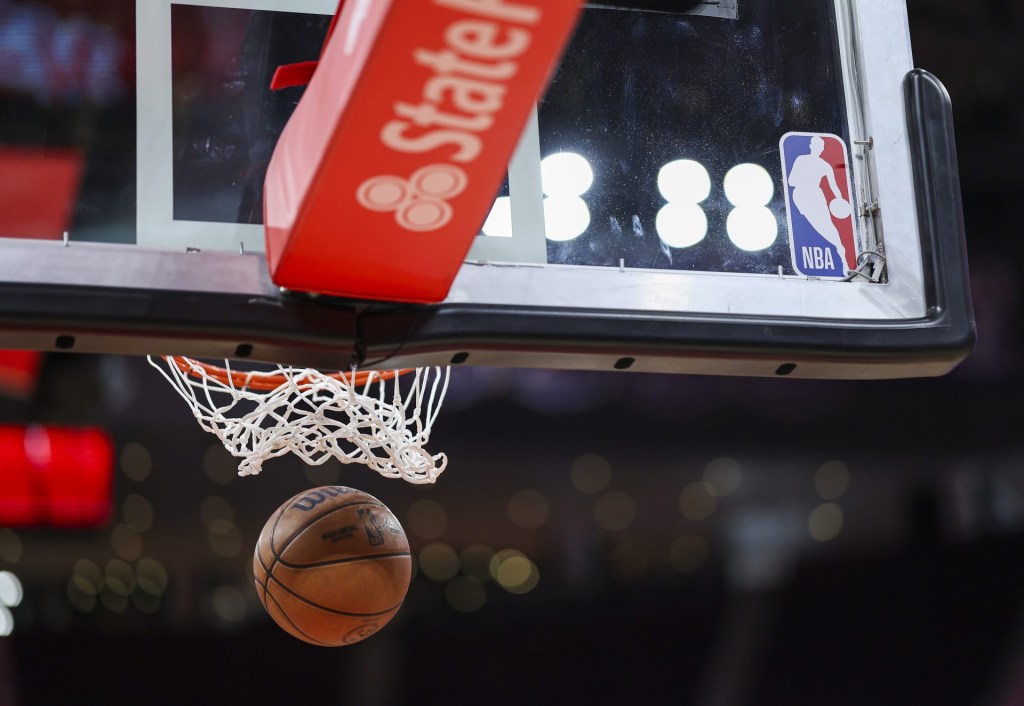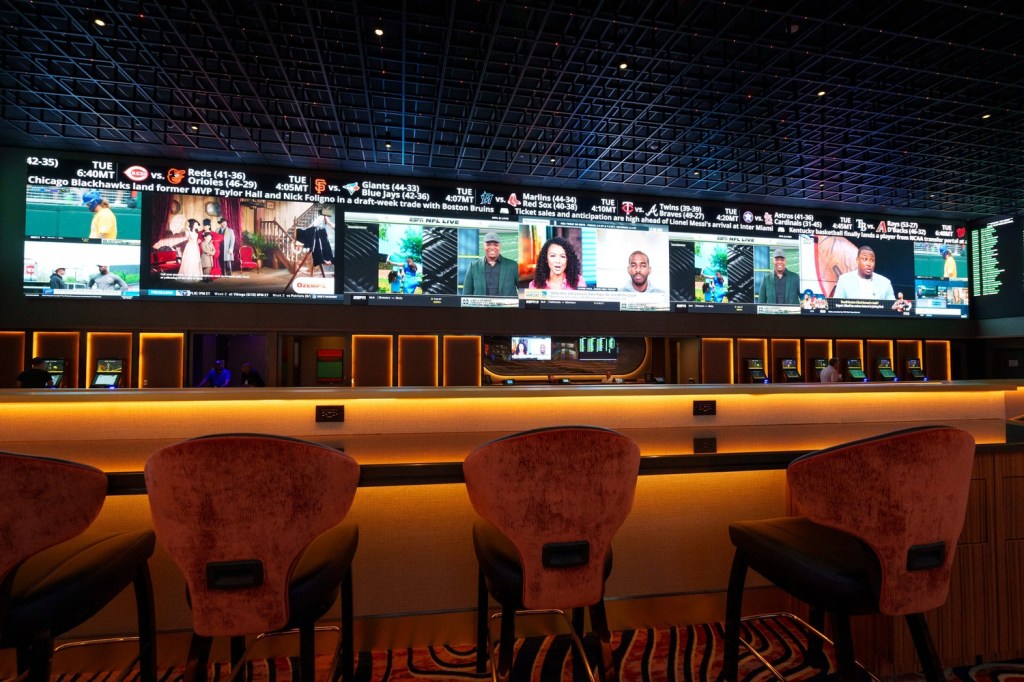By: Jason Stein, @JStein209

Front Office Sports is delighted to speak with Will Yoder, Head of Digital for Octagon. Will began his journey in sports by earning his bachelor’s degree in journalism with a focus on digital. He joined Octagon shortly thereafter and currently works with athletes and brands to identify social media strategy and partnership opportunities. Will also provides guidance to the various divisions of Octagon’s talent group on digital media issues including strategic social initiatives, web design, digital activation, social media marketing, and audience targeting. Will also founded ‘The Nats Blog’, a sports news source that provides analysis of the Washington Nationals baseball team. Will was happy to offer his time to share a little about his journey working in sports business, explaining more about what it’s like to work in the digital space and some of the many challenges that stem from working in a constantly changing industry.
Could you explain your role working with Octagon and what it’s been like focusing in the digital space?
What’s really cool about the intersection of sports and technology is that it’s constantly changing. What I love about my job is that I can come in tomorrow and there can be something completely new. Specifically, my role here at Octagon is to do all things digital for the talent side of Octagon’s business. We represent hundreds of athletes across the globe, and in the background, Octagon helps market those athletes and manage their careers and their brand.
Within that I help provide digital insights for them. So what does that mean? That could mean anything. At a very simple level, it’s helping athletes set up their social media channels and giving them a blueprint on how we think they can expand and grow their following. That’s really the baseline of what we do. The next level is that we’ll work with [the athletes] and their management and find ways to take what they’ve built and help them monetize it.
In addition to working closely with athletes, what else is involved in your role working in the digital space at Octagon?
We also work with a bunch of start-ups in the tech space who want to work with our athletes. I get a lot of those opportunities to help find ways to develop strategic partnerships between our athletes and these start ups.
I also work with the major social networks to find ways that our athletes can best use them and reach as many of their fans as possible. So it’s really everything sports and technology. My real task here at Octagon is to find ways that we can take this revolution of sports and technology and really make it a better agency overall.
With the constant changes in technology, how did you prepare for your work at Octagon and stay current with the advancements in the industry?
I started by living and breathing it everyday. When I was in college I went to get a journalism degree but I wanted to learn as much about technology as possible. One of the things I did was develop the school’s online newspaper, so I learned how to build a website, and being the online editor was really helpful. I was also able to help the school stream our football and basketball games live for the first time, and that was a good learning experience.
While doing that [at school], I also dealt with The Nats Blog, and that was a huge experience for me to understand how to really speak the language of social media and develop an audience. Not to just drive traffic to our website but also just to understand the flow of communication and how people are interacting on the platforms.
When I first got to Octagon I really used that experience [with The Nats Blog] to transition, and now it’s really just keeping on top of the news and keeping your finger on the pulse of change. That’s why I like talking to a lot of start-ups in the space, and that has been a really valuable tool for me to understand how people are thinking about what’s coming next in technology and how we can help our athletes prepare for that.
Continuing with the advancements in technology and their intersection with sports, what else can people do to stay current?
I think the biggest thing is that you just have to live and breathe the sports and technology space to understand what’s happening. Part of that is following the news as much as possible and reading sports blogs and websites like SportTechie; those are great ways to keep involved with what’s happening.
Another big thing is keeping an eye on what other companies are doing, and not necessarily the steps that they’re taking, but really just to see what the trends are. For instance, in the past year we’ve seen Snapchat, Twitter, and Facebook make a huge shift towards promoting video on their platforms. What you’re seeing now is that a whole lot of marketing is going towards online video because the bandwidth is there, it’s a lot easier to use video, the platforms make it easier to digest video, and the brands recognize there’s more return for video.
It’s really just staying on top of that to understand what’s happening, and trying from there to guess what happens next. Sometimes you’re wrong and sometimes you’re right, but as long as you’re living and breathing it, that’s a really good way to understand what will happen next. At the end of the day we’re all just giving our best guess, and it’s really just about being very reactionary and understanding the ebbs and flows of technology.
Any specific trend or area do you feel people should keep an eye on?
The next few years, I think virtual reality is going to really change a lot how we interact with content on the web. A lot of people look at it as a tool for gaming, which is currently true, but imagine what it’ll be like once it’s a tool for wide streaming content. People can buy that stream, and ultimately be sitting in court side seats at a major basketball game from the comfort of your own home.
What are some of the challenges you were faced with coming into the industry and what challenges should people be aware of when looking to work in the digital space?
From the sports and technology standpoint, it’s a really interesting intersection, but what makes it different from working in the technology space is trying to disrupt a lot of businesses. Sports is a mainstay business, so it was really about building trust and helping them understand that social media is not a fad and that technology is here to stay, and that it will really change the way sports and fans interact.
If you look at how social media was first adopted by a lot of sports organizations, I think people were a little afraid of Twitter and what people would do with it and how they would talk about games, but then people started to realize it’s a good tool.
Technology and sports are always about educating and getting people to understand, not only that there is value in what it can provide, but also how to really use it. Education is really a big part of what I do at Octagon, and I think it’s true for anyone who works in sports and technology.
I think five or six years ago, people really didn’t know what value to put on technology, especially in the sports space. People now are quickly realizing how important it is in their business to connect with fans and also to drive revenue. There is a lot of revenue that derives from online opportunities, and a lot of organizations are starting to realize that. If you look at a lot of entry level jobs in sports, they all want you to have some sort of background in social media or technology, so if you’re trying to break into this space, make sure you have a really broad experience level and a broad set of skills.
If you had to define the sports business industry in one word, what would that one word be and why?
If I had to define the industry in one word I would say it’s competitive. It is competitive to get in the industry and when you’re in the industry, a big part of this world is competing to do the best you can on behalf of your clients, on behalf of your team, and on behalf of your brand. You’re always competing against other people in this space.
Another reason competitive is a good word is because I think a lot of people who are attracted to the industry and who do well in this business are often former athletes who love the competition aspect of it, and I love it as well. So if you’re someone who loves that competitive nature, then I think the sports industry is for you.
Parting Thoughts?
Know what value you have and what value an organization will gain by hiring you. It’s helpful to be focused and have a goal, but also to be a jack-of-all-trades.
We would like to thank Will for his time and insights and we wish him all the best in his future endeavors!
You can follow him on Twitter here or connect with him on LinkedIn here!

















